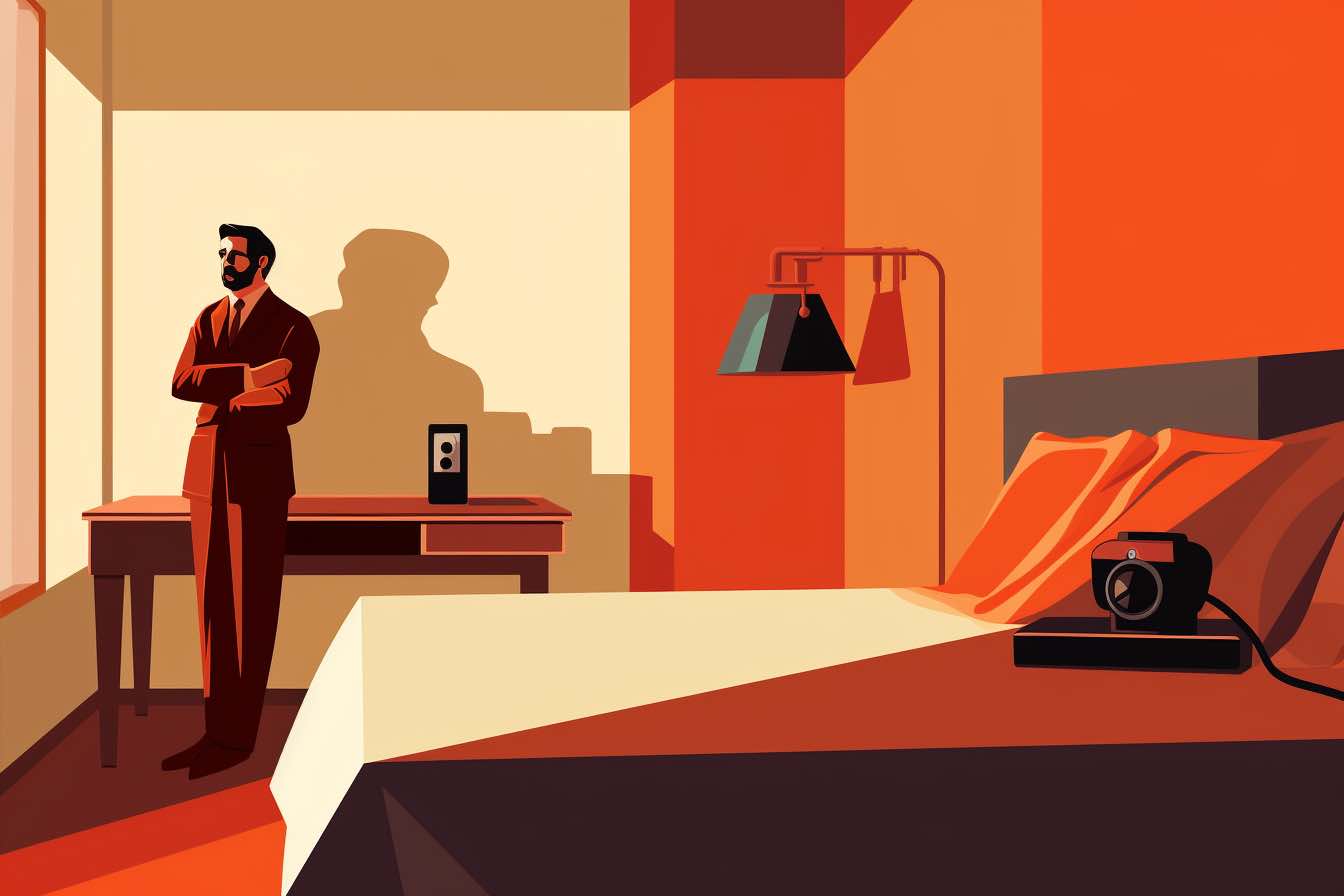Why is travel filled with so many obsolete hotel amenities?
Take landline phones, for example.
“They’re only convenient when you want to call the front desk,” says Tim Pylant, an architect from Austin, Texas.
Yet it’s hard to find a hotel without phones in their room. Some forward-looking properties have switched to text messaging to communicate with guests, but the landlines remain. (By the way, good luck figuring out how to operate the phones. You might have to press “line 1” and a few more buttons before getting a dial tone.)
“Antiquated hotel amenities are still all over the place,” says Reetu Gupta, a Canadian hotelier who runs Easton’s Group of Hotels.
She can think of lots of obsolete amenities, including pay-per-view TV, tiered internet (that’s where you pay extra for faster speeds) and fax machines in the business center, unless you’re in Japan.
These hopelessly dated amenities have been with us for a while, but never have they been more obvious. That’s because hotel rates have soared to record highs in many places, meaning guests are paying a premium to check into rooms that have obsolete amenities, like single-use soaps and sewing kits.
At the same time, many of these hotels aren’t giving guests what they have repeatedly asked for, like ample electrical outlets, USB ports, fast and unobstructed wireless internet and clear prices. (Related: Which hotel amenities do you really want? You won’t believe it!)
It’s infuriating.
Which hotel amenities are useless?
Modern hotels are filled with items guests don’t want, like minibars. Annie Valades recently checked into a Las Vegas resort with a refrigerator stocked with $4 cokes, $11 mini-bottles of Chivas Regal and $5 packages of peanuts.
“It was useless,” she says.
Valades, a retired marketing director from Cripple Creek, Colo., prefers it when the hotel empties the refrigerator and lets her fill it with her own food and drinks. But that’s unlikely to happen. Why? The minbars are profitable, and some hotel guests — although they hate the overpriced items — still use them. (By the way, you can ask the hotel to remove the items when you check in, and it will normally comply.)
What else do they not want?
- Alarm clocks. These hotel amenities are as outdated as — well, alarm clocks. “Most people use their smartphone alarm now,” says Tim Hentschel, CEO of HotelPlanner.com. “Unless it’s a modern desk radio with USB and Bluetooth, few people will use a $10 alarm clock.” And even then, most hotel alarm clocks are impossible to use. Guests unplug them when they arrive because they’re afraid they’ll go off at 2 a.m. I do.
- Sewing kits. Ruth Hargrave found one in a hotel in Greece recently. “It seemed amusingly antiquated to me — a remnant of a time when guests would take time to mend a button or stitch a small tear during their hotel stay,” says Hargrave, who runs a green travel site. “I doubt many guests find a use for such a kit anymore.”
- Single-use soaps and shampoos. These landfill-clogging amenities should be illegal, according to some environmental advocates. “They’re used once and tossed,” says Shelley Hunter, an innkeeper from Quincy, Calif. She removed the single-use soaps from her property recently and says most guests don’t miss them. But some elderly travelers still expect the tiny soaps, which they sometimes keep as mementos.
Some hotels are listening. For example, after hearing from guests at the Hotel McCoy College Station, the hotel did away with its shower caps, tiny bottles of lotion, baby soap bars, and bathtubs.
“Instead, we gave the people what they want: a big ‘ol roomy shower with a luxury shower head and amply stocked dispensers of high-quality bath products,” says Nicole Dahl, the hotel’s vice president of brand and creative.
Of course, this is just a partial list of amenities hotel guests no longer want. I talked to dozens of hotel guests for this story, and they suggested getting rid of lots of things. The list includes bathtubs, bidets, concierge service, pay-per-view movies, room service, scales, and stationery. (Related: What can you take from your hotel room?)
OK, so what do hotel guests want?
Many hotels already give their guests what they want — a comfortable bed, a quiet room, a shower with good water pressure. But there’s more.
Reliable wireless that doesn’t cost extra
Time and again, hotel guests say they’d like a fast and reliable wireless connection — anything above 100 Mbps will do. And they want it included in the price of their room, not as an upcharge.
More power outlets
Guests want more plugs, not a single outlet hidden behind a sofa. They want multiple power outlets next to their desk and dresser so they can recharge their phones, laptops and cameras. The most thoughtful hotels have a Type C outlet for European visitors or optional adapters for international guests.
Up front, all-inclusive prices
But more than anything else, hotels can add one thing to make their guests happy: They can quote an all-in price for their rooms that includes all mandatory fees and taxes. Because resort fees are one hotel “amenity” that hotel guests can do without.
“There’s a reason they’re called junk fees,” says Barry Maher, a professional speaker and frequent hotel guest.
He says that while hotels position resort fees as an “amenity” because they supposedly cover the cost of extras like pool towels and “free” internet, they are nothing more than a hidden cost that angers hotel guests. (Here’s how to find the best hotel at the most affordable rate.)
“’I’d love to see them banned,” he says. “Particularly when they’re either undisclosed or disclosed in ways designed to make sure you don’t pick up on them.”
Adding honest pricing to hotel rates? Now that would be something. I guess we can dream, can’t we?




